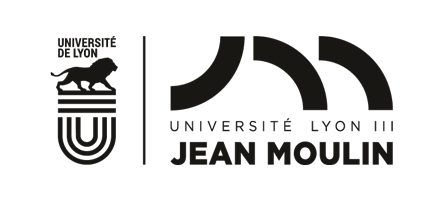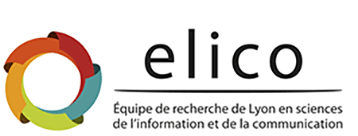- Research,
Angèle STALDER - Analytical mapping of media and information literacy training initiatives and efforts to combat information disorders in France and Europe
CALL FOR APPLICATIONS 2025 – MSCA POSTDOCTORAL FELLOWSHIPS



Keywords: Critical, Media and Information literacy, information disorders, training system, analytic mapping, comparative approach .
Supervisor
Personnal page
Host institution
Research Lab
Angèle STALDER
/angele-stalder
Université Jean Moulin Lyon 3
/
ELICO - ?quipe de recherche de Lyon en sciences de l’information et de la communication
- Description of the Host Research Lab
-
The ELICO research team structures its work around three conceptual pairs: Discourse-representations, Norms-institutions and Knowledge-documents. These axes enable a critical analysis of infocommunicational processes, taking into account the material and symbolic dimensions of media devices, as well as the political, economic and social contexts of communication. The team also insists on the ethical responsibility of research and reflexivity regarding its impact on the partners involved.
Lab website: https://elico-recherche.msh-lse.fr/
Research Project
DemoCIS – Democracies, Citizenship and Institutions facing the transformations of public Spheres
- Description of DemoCIS
-
As a partner of DemoCIS, a 7-year project laureate of the France 2030 Programme on Social Sciences and Humanities, within a Consortium leaded by University of Lille, and including Grenoble Alpes University, CY Cergy Paris University, Sciences Po Saint-Germain-en-Laye, Sciences Po Grenoble, Science Po Lille, as well as CNRS, Institut Mines-Telecom and Inria, Jean Moulin Lyon 3 University co-leads the Axis 3.3, ? Acting against the polarization of societies and information disorder: information and knowledge transmission : Countermeasures to informational disorder ?.
The DemoCIS project aims to explore the changes and challenges facing democracies in a context of rising abstention, mistrust of institutions, polarisation of societies and information disorders. It aims to respond to these challenges through interdisciplinary approaches, integrating democratic innovation, exploration of new spaces for citizenship, fight against polarisation, and the strengthening of the rule of law.

